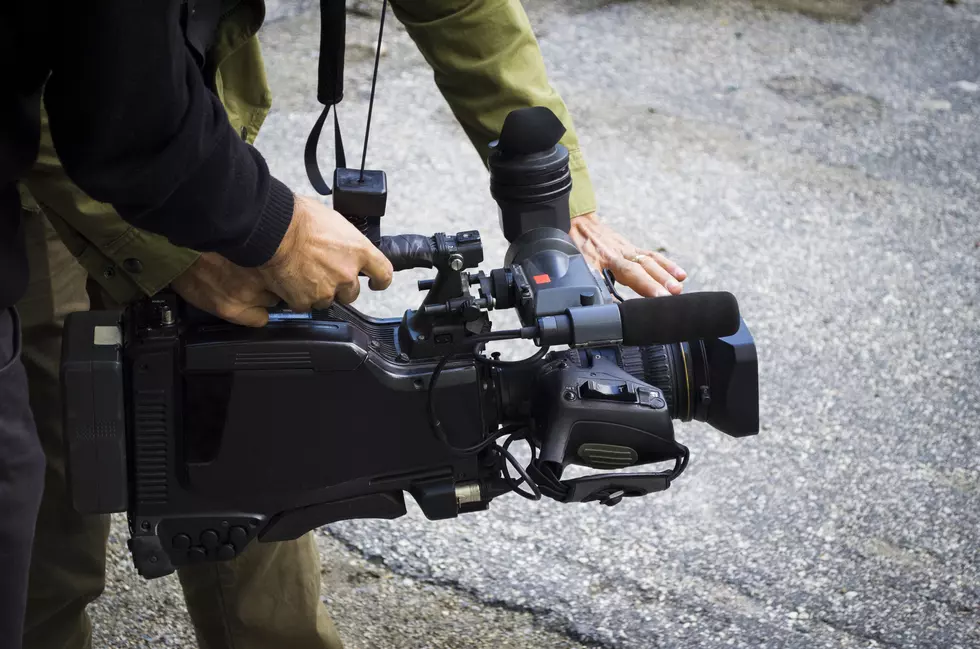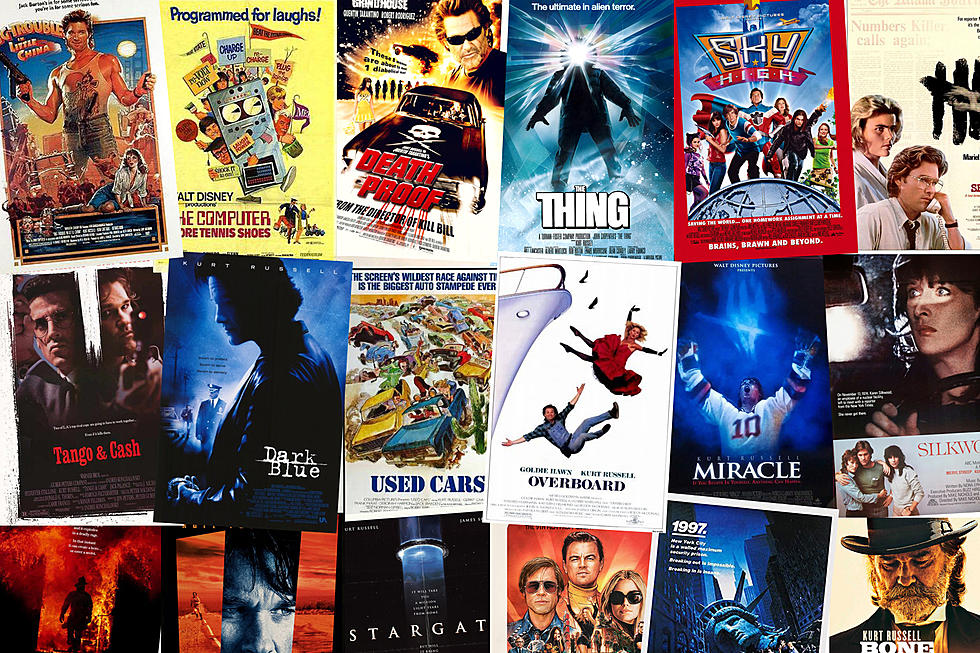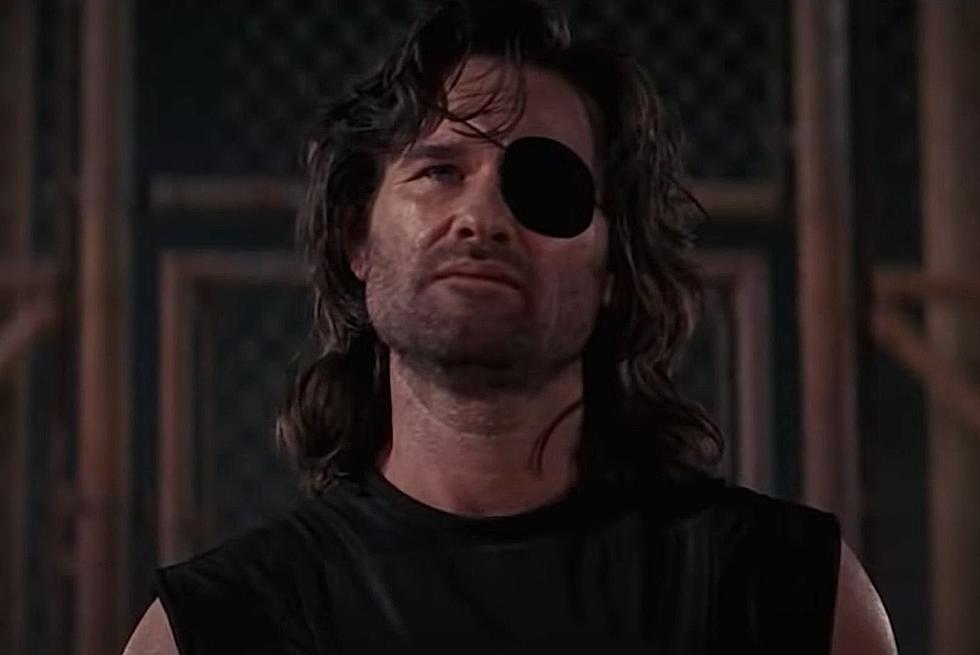
How ‘Tombstone’ Out-Dueled ‘Wyatt Earp’
Differing opinions escalating into animosity. Legendary gunmen staring each other down. Onlookers waiting with anticipation. Feels like the recipe for a classic western showdown. In reality, these ingredients all contributed to a cinematic face-off between two movies: Tombstone and Wyatt Earp.
In 1993, more than 100 years after the historic gunfight at the O.K. Corral and a handful of films already dedicated to the subject, Hollywood decided the story of Wyatt Earp was ready for a '90s reboot. Kevin Costner was one of the biggest stars in the country at the time, owing much of his fame to a different western: 1990’s Academy Award-winning Dances With Wolves. Earp’s story, he believed, would be the perfect vehicle back into the genre.
Costner quickly teamed up with Kevin Jarre, the screenwriter behind the 1989 Civil War movie Glory. Together, they began work on Tombstone. But creative differences soon surfaced. Namely, Costner disagreed with Jarre over the focus of the film. The actor thought the plot needed to center on Wyatt Earp’s personal growth from family man to legendary lawman; the writer, on the other hand, wanted a more action-based ensemble piece, highlighting Earp’s relationship with Doc Holliday and the infamous O.K. Corral shootout. When the two men could not find equal ground, Costner left Tombstone to produce his own project, which eventually became Wyatt Earp.
With their A-list star out the door, Tombstone had to recast. Enter Kurt Russell. “I got the script from my old agent,” the actor reminisced during an interview with True West. “I thought it was a phenomenal script, and I called and said I wanted to do it.”
Watch the 'Tombstone' Trailer
Even though Costner had left for his own project, his ego remained bruised. So he personally tried to halt Tombstone's production. “I got a phone call, and it was just before Val [Kilmer] was going to come on,” Russell recalled. “Costner had shut down all avenues of release for the picture except for Disney, except for Buena Vista.”
Somewhat surprisingly, Russell wasn't upset by Costner's actions. "He was powerful enough at the time, which I always respected," he noted. "I thought it was good hardball."
With Russell as Earp and Kilmer playing Doc Holliday, Hollywood Pictures moved forward with the production of Tombstone, with Buena Vista handling distribution. In May 1993, the movie began shooting on location in Arizona. Meanwhile, Wyatt Earp was still in pre-production. In an act of defiance, the Tombstone team rented all of the period-piece clothing and props available in Hollywood, forcing Wyatt Earp’s producers to delay production even longer while they tracked down costumes in Europe.
Jarre had originally been slated to direct Tombstone, but shortly into shooting he was removed and replaced by George Cosmatos, known for his work on the action films Cobra and Rambo II. Behind the scenes, Russell was calling the shots. “I said to George, ‘I’m going to give you a shot list every night, and that’s what’s going to be,'” the actor recalled. “I’d go to George’s room, give him the shot list for the next day, that was the deal.”
Tombstone was released on Dec. 25, 1993. Reviews for the movie were generally positive, with Variety calling it "a tough-talking but softhearted tale that is entertaining in a sprawling, old-fashioned manner." Kilmer was singled out for his performance, with the Austin Chronicle calling him "mesmerizing" and "truly an outlaw of legend."
In a rare box-office move, the film saw a 35 percent increase in revenue from its first weekend in release to its second. It would go on to rake in more than $56 million, more than doubling its $25 million budget.
Watch the 'Wyatt Earp' Trailer
Six months later, Wyatt Earp hit the big screen. Costner was buoyed by a strong supporting cast, including Gene Hackman, Mark Harmon, Bill Pullman and Dennis Quaid. Producers had seen Tombstone's success and hoped for similar numbers at the box office, but their dreams were soon dashed. The film debuted at No. 4 its opening weekend, bested by The Lion King, Speed and Wolf.
Unlike Tombstone, Wyatt Earp did not benefit from positive word of mouth. Critics were harsh, with Roger Ebert stating that "Wyatt Earp plays as if they took Tombstone and pumped it full of hot air." The film's slow pace and long running time of more than three hours were chief among its downfalls. Wyatt Earp went on to make a mere $25 million at the box office, far less than its $63 million budget. It was also nominated for five Razzie Awards, with Costner taking home the honor of the year's Worst Actor.
Dirty Harry Movies Ranked
More From Sasquatch 92.1 FM




![Is Deadpool & Wolverine Worth A Watch? [REVIEW]](http://townsquare.media/site/165/files/2024/07/attachment-GettyImages-2163119532.jpg?w=980&q=75)


